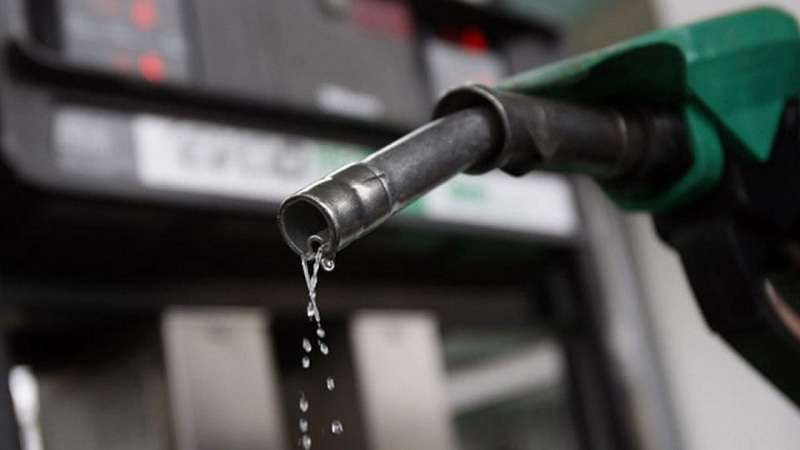Karachi, October 31, 2024 – As global oil markets continue to experience fluctuation, Pakistan’s authorities prepare to announce revised petroleum prices for the initial fortnight of November 2024.
With anticipated changes expected to take effect on November 1, slight adjustments to the prices of petrol and high-speed diesel (HSD) are likely, signaling yet another complex period for domestic fuel consumers.
Despite an international downward trend in oil prices, sources indicate a marginal increase in Pakistan’s fuel prices, with petrol and HSD expected to rise by up to 78 paisa per liter. This uptick, although minor, emerges amid one of the highest regional tax regimes on petroleum products. Currently, a cumulative tax and levy structure – incorporating duties and a substantial petroleum levy (PL) – adds up to Rs90 per liter on both petrol and diesel, making significant price relief challenging even as global oil prices dip.
In global markets, petrol prices recently dropped from $77.5 to $76 per barrel, while HSD saw a decline from $86.5 to $84 per barrel. Over the past two weeks, this has meant reductions of approximately $1.5 and $2.5 per barrel for petrol and HSD, respectively. However, these global reductions translate only modestly to the Pakistani market. Petrol prices are forecasted to inch upward from Rs247.03 to Rs247.81 per liter, while HSD prices may see a slight increase from Rs251.29 to Rs251.55 per liter. Kerosene oil and light diesel oil (LDO) are expected to offer some respite, with kerosene likely to drop by Rs1.42 per liter and LDO by Rs3.32 per liter. However, these figures remain tentative, with a final decision anticipated on October 30.
Further contributing to the pricing dynamics, ex-refinery prices, which significantly impact local fuel rates, have been preliminarily assessed for potential decreases. Forecasts suggest a reduction of Rs3.29 per liter for petrol and Rs3.13 per liter for HSD, which may cushion some of the anticipated tax-induced increase. Additionally, the petrol premium remains stable at $8.84 per barrel, while the Inland Freight Equalization Margin (IFEM) on petrol and HSD is projected at Rs7.79 and Rs4.44 per liter, respectively.
This imminent adjustment highlights the intricate interplay of global price shifts and domestic fiscal policies. As Pakistan navigates this evolving scenario, the coming decision will hold significant consequences for household expenses, transportation, and industrial costs. Ultimately, while the recent international price drops could offer some temporary relief, the heavy tax structure and freight costs may dilute any substantial benefit, impacting multiple sectors and adding yet another layer of complexity to Pakistan’s fuel pricing landscape.
